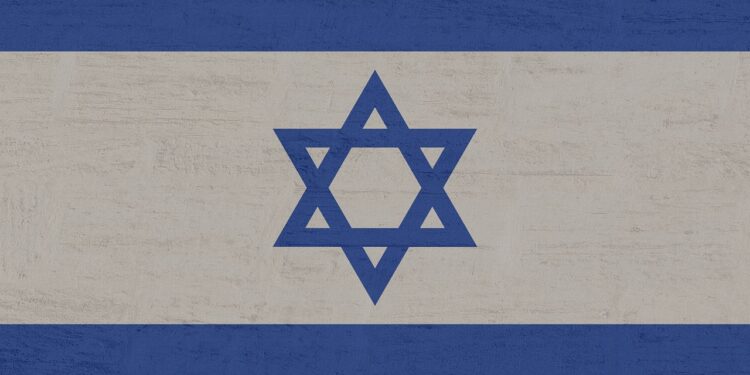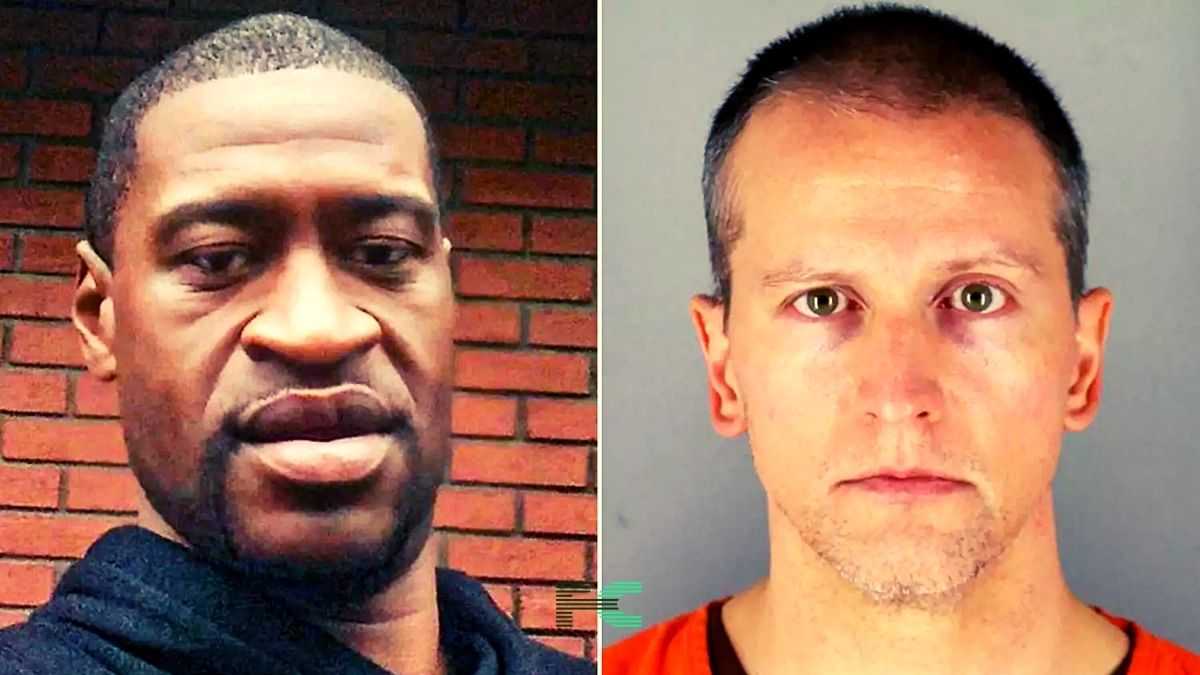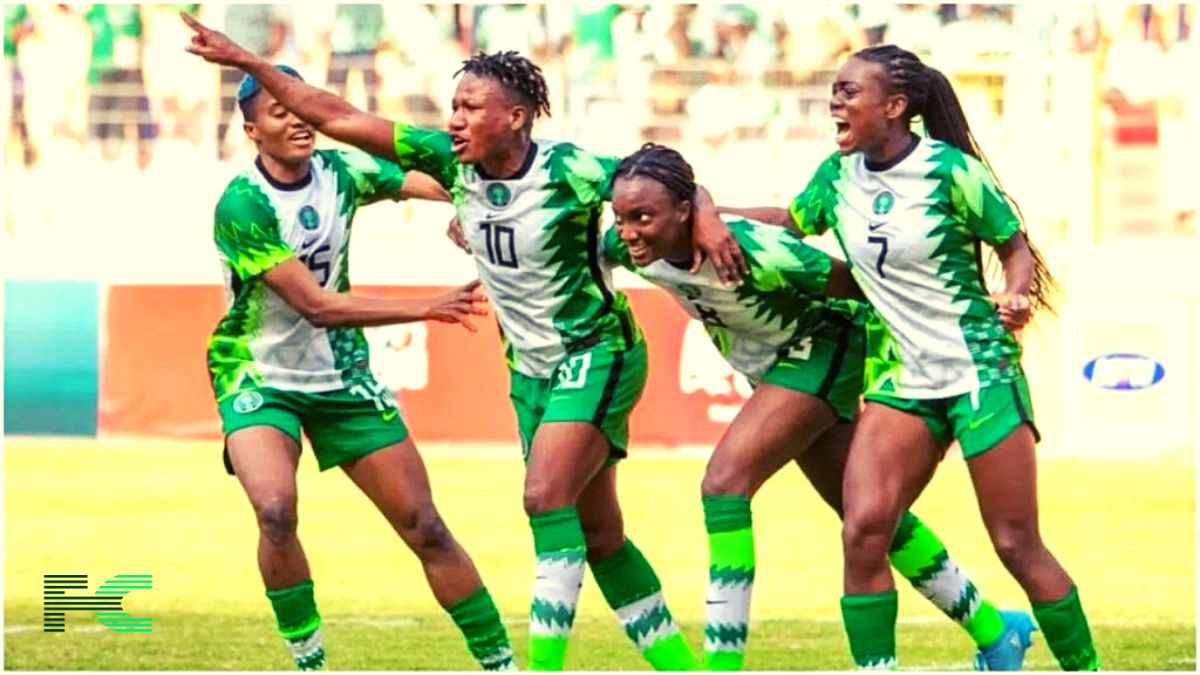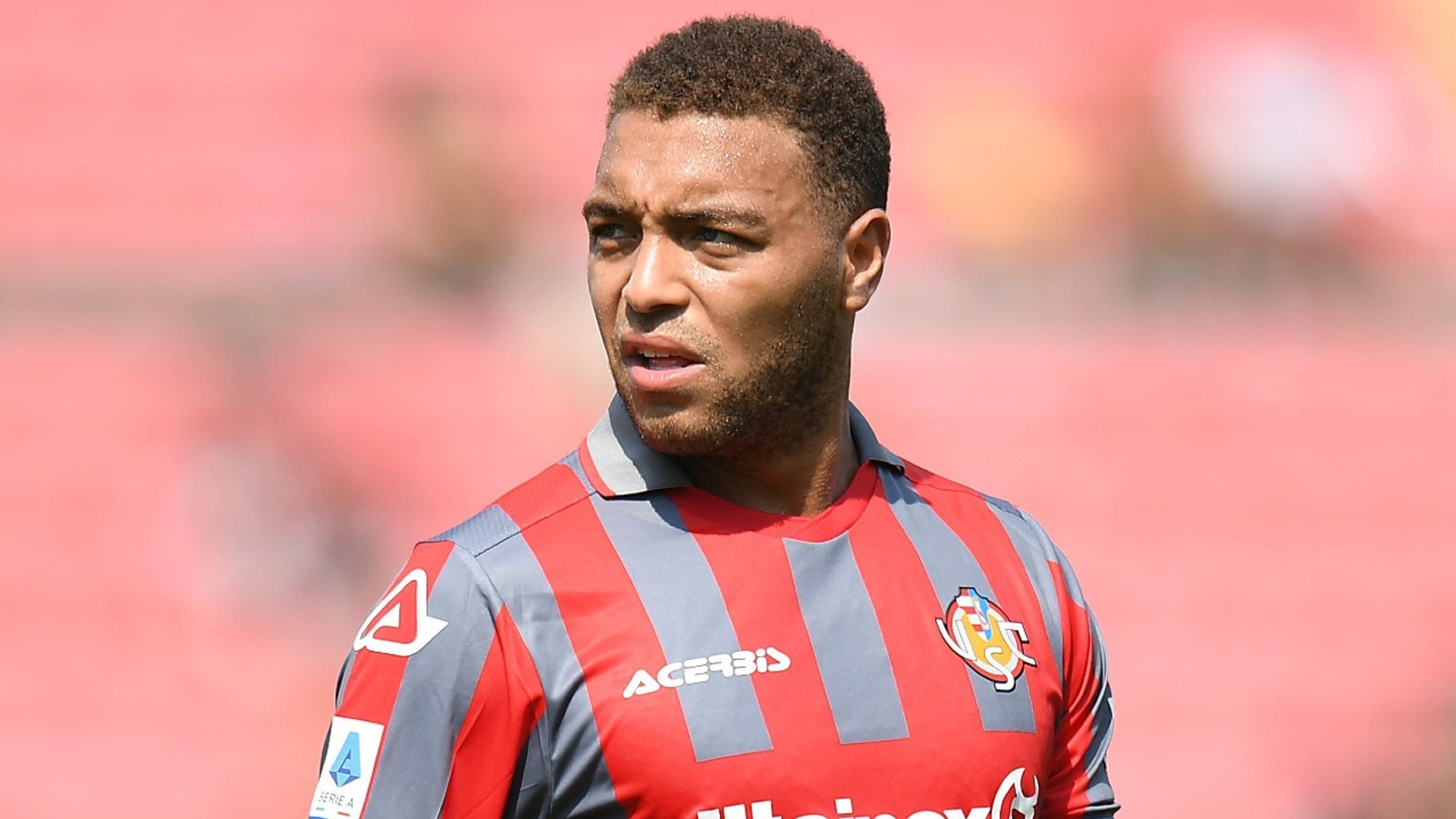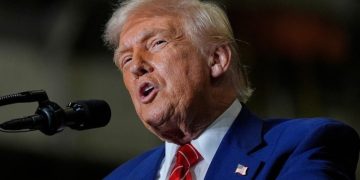The Israel-Hezbollah conflict has intensified as both sides exchanged heavy fire on Sunday, following Israel’s new military objectives. This escalation led to the death of a Hezbollah military commander and injuries to several others. In retaliation, the Lebanese militant group launched rockets deep into northern Israeli territory, marking one of the most intense bombardments in nearly a year.
Recent Developments
The exchange of fire between Hezbollah and Israel began on October 8, after the attack on Gaza. Hezbollah vowed to continue its assaults until Israel ceases its offensive in Gaza. This conflict has now entered a new phase, evolving into a war of its own, which, if unchecked, could result in severe casualties for both sides. Hezbollah’s deputy chief, Naim Qassem, remarked at the funeral of a slain commander that they have “entered a new phase, the title of which is the open-ended battle of reckoning.”
Regional Implications
The stirring of Hezbollah into an offensive could provoke Iran’s involvement, raising concerns about the broader implications of the conflict. Calls for a ceasefire have increased, but Hezbollah has warned that a war would lead to significant casualties for Israeli citizens. Israeli Defense Minister Yoav Gallant stated that operations would continue until it is safe for evacuated residents to return, emphasizing Israel’s desire for Hezbollah to cease its strikes, which have prompted evacuations along the northern border. Hezbollah, however, insists it will only withdraw after a ceasefire in Gaza is achieved.

Escalation of Military Actions
Since last week, Israel has heavily bombarded Hezbollah positions, leading to this current phase of conflict. Reports indicate that on Tuesday and Wednesday, numerous devices used by Hezbollah members exploded in an attack attributed to Israel, although it has not confirmed or denied responsibility. Following this, Israel launched its heaviest bombardment yet, targeting approximately 290 sites, including rocket launcher positions.
Israeli Prime Minister Benjamin Netanyahu asserted that the military has inflicted unexpected blows on Hezbollah. He stated, “If Hezbollah has not understood the message, I promise you, it will understand.”
Hezbollah’s Response
In retaliation, Hezbollah fired about 150 rockets, cruise missiles, and drones into Israel, most of which were intercepted by air defenses. They claimed to have struck Israeli military positions and facilities in response to the previous week’s attacks. At Aqil’s funeral in Beirut, Qassem stated that Israel’s attempts to paralyze Hezbollah would ultimately fail, warning that Israel’s escalation would lead to further displacement of its own citizens.
Broader Regional Involvement
An official from the Islamic Resistance in Iraq, which includes Iran-backed armed factions, announced missile and drone attacks on Israel as part of a “new phase in our support front” with Lebanon. The official stated, “Escalation in Lebanon means escalation from Iraq,” highlighting the potential for the conflict to draw in regional players.
The situation remains precarious, with both sides preparing for continued hostilities and the potential for wider regional ramifications.

